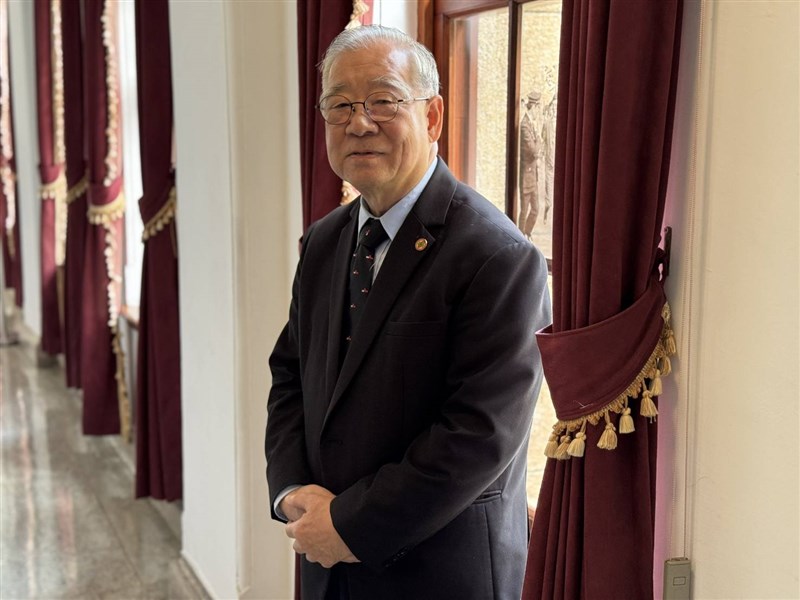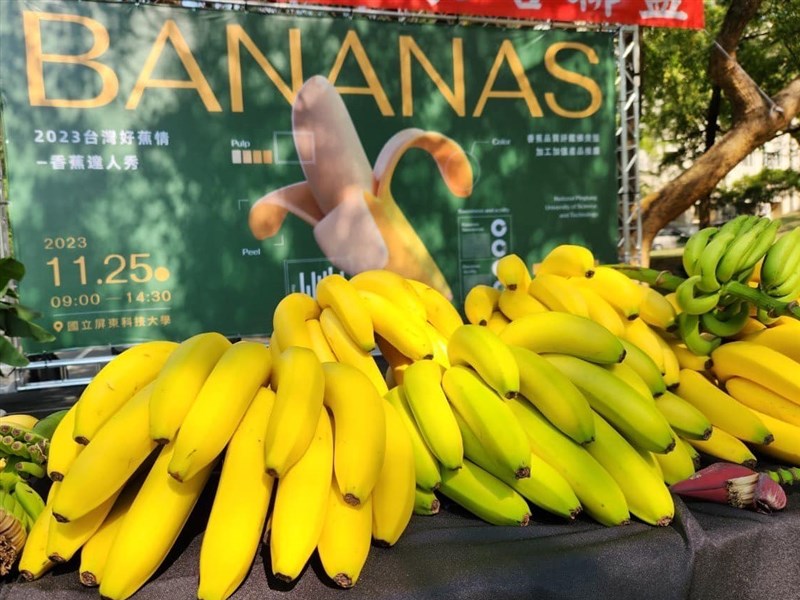FEATURE / Don't let it bug you: Experts want bigger role for edible insects in Taiwan
06/30/2024 03:58 PM
Few can forget the "Hakuna Matata" scene from Disney's 1994 animated movie "The Lion King," where its titular monarch Simba sang the catchy tune with his pals Timon and Pumbaa.
(Full text of the story is now in CNA English news archive. To view the full story, you will need to be a subscribed member of the CNA archive. To subscribe, please read here.)
More in FEATURE
-
![To some, transitional justice has yet to expunge ghosts of 228 Incident]() To some, transitional justice has yet to expunge ghosts of 228 IncidentWhen Kenneth Wang (王文宏) recounted his father's suffering during the 228 Incident of 1947, he used humor to break up the difficult memories.02/28/2026 09:49 AM
To some, transitional justice has yet to expunge ghosts of 228 IncidentWhen Kenneth Wang (王文宏) recounted his father's suffering during the 228 Incident of 1947, he used humor to break up the difficult memories.02/28/2026 09:49 AM -
![Banana threat: Taiwan decodes secret to tackling banana killer TR4]() Banana threat: Taiwan decodes secret to tackling banana killer TR4When the banana-killing Panama disease was detected in September 2025 in Ecuador, the world's largest banana exporter, it sent chills through the global industry.02/20/2026 12:30 PM
Banana threat: Taiwan decodes secret to tackling banana killer TR4When the banana-killing Panama disease was detected in September 2025 in Ecuador, the world's largest banana exporter, it sent chills through the global industry.02/20/2026 12:30 PM -
![Beyond new clothes: Children in need get private LNY shopping session]() Beyond new clothes: Children in need get private LNY shopping sessionOutside the flagship store of Taiwanese apparel brand NET in downtown Taipei, a queue -- made up of children and their parents -- had formed well before regular opening hours, despite the chilly late-January morning.02/14/2026 04:03 PM
Beyond new clothes: Children in need get private LNY shopping sessionOutside the flagship store of Taiwanese apparel brand NET in downtown Taipei, a queue -- made up of children and their parents -- had formed well before regular opening hours, despite the chilly late-January morning.02/14/2026 04:03 PM
Latest
-
Sports
Taiwan's hopes of advancing in FIBA World Cup slim after losing to China
03/01/2026 08:17 PM -
Culture
Paper Windmill's Rain Horse to show at Chiayi Taiwan Lantern Festival
03/01/2026 07:16 PM -
Sports
Taiwan's Lin Yun-ju advances to WTT men's singles final in Singapore
03/01/2026 06:45 PM -
Society
Taiwanese in LA mark 228 anniversary with children's event
03/01/2026 05:33 PM -
Culture
Wuling Farm lifts traffic controls, making cherry blossom viewing easier
03/01/2026 05:12 PM


